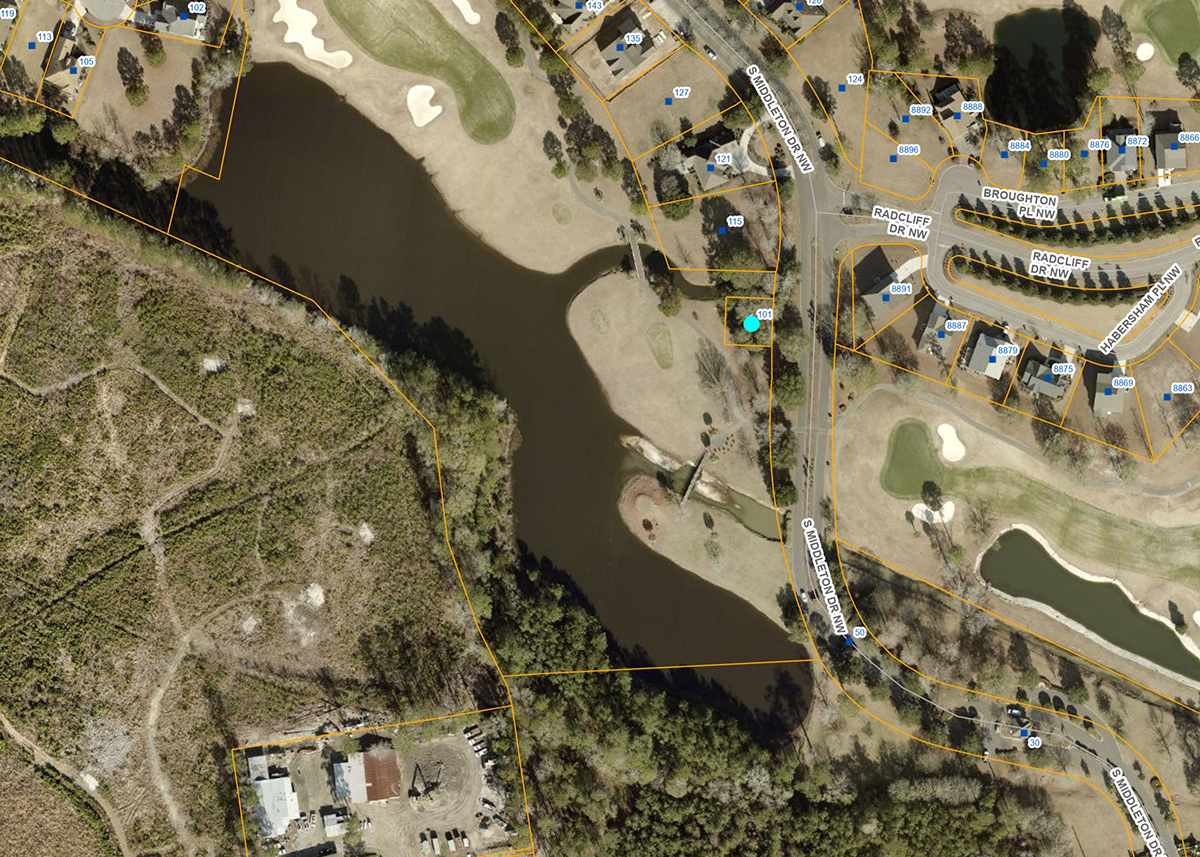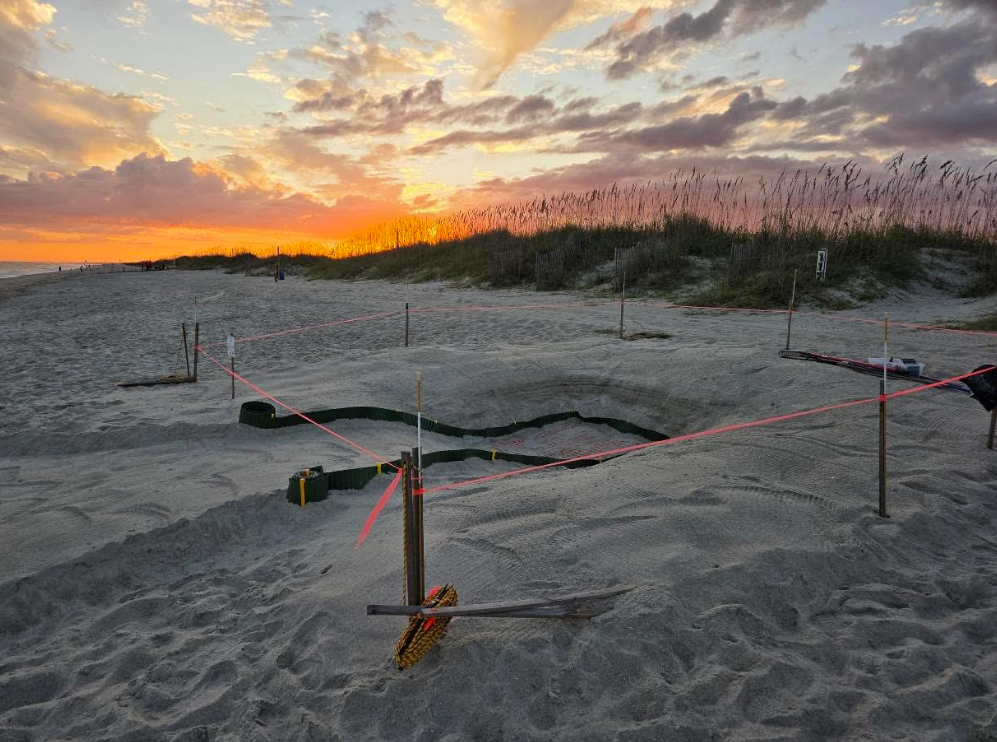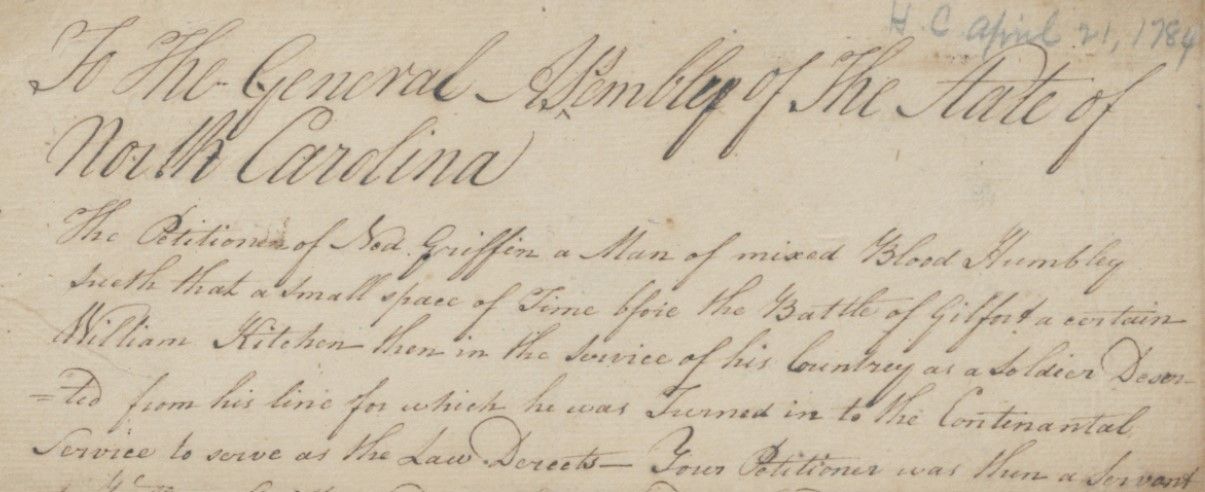
After a year-long collaborative planning effort to address flooding and polluted runoff caused by heavy rains, Atlantic Beach’s Watershed Restoration and Stormwater Resilience Plan has been approved by the state.
The town’s impervious surfaces have increased over the years and contributed to the lands inability to absorb rainwater. The plan focuses on identifying and targeting sites to improve infiltration and provides targeted strategies to reduce flooding and improve water quality.
Supporter Spotlight
The North Carolina Coastal Federation, GPI Engineering and the Eastern Carolina Council of Governments partnered with the town to develop the plan funded by the state Division of Water Resources 205(j) program.
“One of the goals was to prioritize cost-effective stormwater reduction projects and increase community awareness and support for reducing runoff,” said Lauren Kolodij, deputy director with the federation.
“Storm resiliency and water quality are obviously very important for Atlantic Beach. We were excited to work with community partners on our Watershed Restoration & Stormwater Resilience Plan to addresses these issues,” said Atlantic Beach Mayor Trace Cooper. “And now, we’re even more excited that this plan has been approved from the N.C. Division of Water Resources. With this plan in place, our town is better positioned to continue our work to tackle these chronic issues.”
The council unanimously approved the plan and from there it went to the North Carolina Division of Water Resources to ensure the plan met criteria established by the Environmental Protection Agency for watershed plan development. Formal approval was recently awarded and now positions the town to apply for implementation funding from the state’s 319 grant program. The town is also reviewing additional funding sources in an effort to get the ball rolling to reduce runoff.
“What we’re trying to do with this watershed restoration plan is turn back the clock to mimic the natural hydrology of Atlantic Beach and increase infiltration of the rain. Increasing the infiltration of stormwater will not only improve water quality but also improves the Town’s stormwater resilience,” said Jonathan Hinkle, professional engineer and project consultant with GPI.







